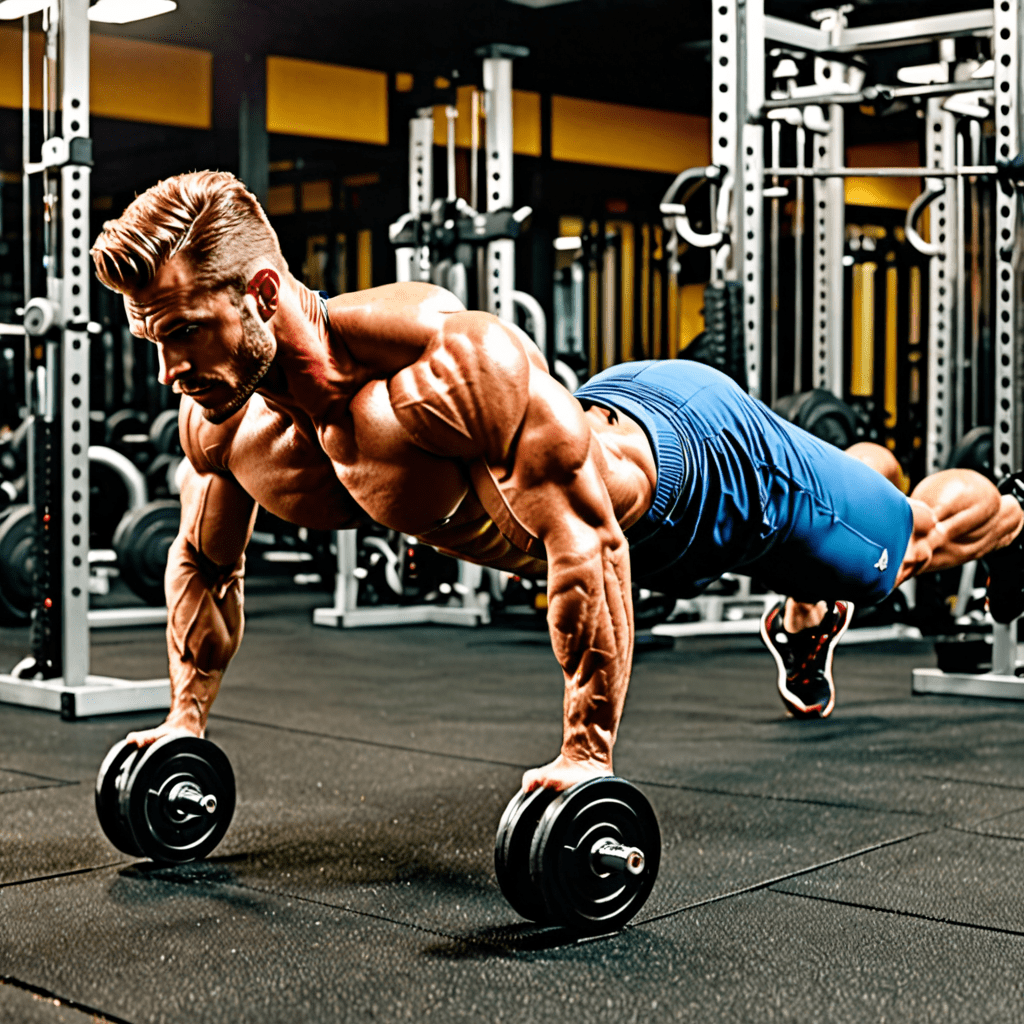
Why Does My Hip Hurt When I Squat?
Every fitness enthusiast has experienced some discomfort while performing exercises at one point or another. One commonly reported issue is hip pain during squats. Understanding the underlying causes of this discomfort is crucial in order to address and prevent it. In this article, we will explore the potential reasons why your hip may hurt when you squat and provide helpful tips to alleviate the pain.
Muscle Imbalances and Weakness
One possible explanation for hip pain during squats is muscle imbalances or weakness. The hip joint relies on the coordination and strength of various muscle groups, including the glutes, quadriceps, and hamstrings. If these muscles are not properly balanced or if there are areas of weakness, this can lead to hip pain. Strengthening and stretching exercises targeting these muscles can help restore balance and alleviate discomfort during squats.
Incorrect Form and Technique
Executing squats with incorrect form and technique can put unnecessary strain on the hips, leading to pain and discomfort. Some common mistakes include improper knee alignment, leaning too far forward, or not engaging the core properly. Consulting with a qualified fitness professional or personal trainer can be extremely beneficial in correcting your form and technique to alleviate hip pain during squats.
Hip Impingement
Hip impingement, also known as femoroacetabular impingement (FAI), is a condition where there is abnormal contact between the bones of the hip joint. This can cause pain during activities such as squats that involve flexion and rotation of the hip. If you suspect hip impingement, it is advisable to consult with a healthcare professional for a proper diagnosis and personalized treatment plan.
Tight Hip Flexors
The hip flexors are a group of muscles responsible for flexing the hip joint. When these muscles become tight, they can pull on the hip joint, leading to pain and discomfort during movements like squats. Incorporating regular stretching exercises to promote flexibility in the hip flexors can help alleviate this pain.
Inflammation or Injury
Hip pain during squats may also be caused by inflammation or injury in the hip joint or surrounding tissues. Conditions such as bursitis, tendinitis, or labral tears can result in discomfort during squatting movements. If you suspect an injury or experience persistent pain, it is crucial to seek medical advice for a proper diagnosis and appropriate treatment.
Overtraining or Fatigue
Overtraining or pushing your body too hard without adequate rest and recovery can lead to various issues, including hip pain during squats. When the muscles and joints are fatigued, the risk of injury and discomfort increases. Incorporating rest days, proper recovery strategies, and listening to your body’s signals can help prevent hip pain caused by overtraining.
FAQ
Q: Can squatting with weights cause hip pain?
A: Squatting with weights can potentially cause hip pain if proper form and technique are not followed. Incorrect loading or excessive weights can put strain on the hip joints and surrounding muscles, leading to pain and discomfort. It is essential to start with appropriate weights and gradually increase intensity as your strength and technique improve.
Q: How long does hip pain from squatting usually last?
A: The duration of hip pain from squatting can vary depending on the cause and severity of the issue. Muscle soreness and mild discomfort typically resolve within a few days with adequate rest and recovery. However, if the pain persists or worsens over time, it is advisable to consult a healthcare professional for further evaluation and treatment.
Q: Are there any specific warm-up exercises that can help prevent hip pain during squats?
A: Yes, incorporating specific warm-up exercises can help prepare your body for squats and potentially reduce the risk of hip pain. Dynamic stretches targeting the hip flexors, glutes, and other relevant muscle groups can help increase blood flow, improve flexibility, and activate the muscles involved in squatting movements. Consult with a fitness professional or personal trainer for appropriate warm-up exercises suited to your individual needs.
Q: Can pre-existing conditions like arthritis contribute to hip pain during squats?
A: Yes, pre-existing conditions such as arthritis can contribute to hip pain during squats. Arthritis causes inflammation and degeneration of the joint, leading to pain and limited range of motion. Squatting movements can exacerbate these symptoms. If you have arthritis or any other pre-existing condition, it is crucial to consult with a healthcare professional for personalized advice and modifications to your exercise routine.
Q: Are there any modifications or alternatives to squats that can help alleviate hip pain?
A: Yes, there are several modifications and alternatives to squats that can help alleviate hip pain. Examples include performing box squats, using resistance bands for added support, or substituting squats with other exercises that target similar muscle groups. It is helpful to consult with a fitness professional or personal trainer to ensure proper form and the appropriate selection of exercises to alleviate hip pain while still achieving your fitness goals.
Q: Can using a foam roller or getting regular massages help with hip pain during squats?
A: Yes, using a foam roller or regularly receiving massages can help alleviate hip pain during squats. Foam rolling can help release tension in the muscles surrounding the hip joint, promoting flexibility and relieving discomfort. Massages, whether performed by a professional or using self-massage techniques, can aid in reducing muscle tightness and promoting relaxation. Incorporating these practices into your routine, alongside appropriate exercises and stretches, can contribute to improved hip health and reduced pain during squats.
Hip pain during squats can significantly hinder your fitness journey and impede progress. By addressing the possible causes and implementing appropriate strategies, such as correcting form, improving muscle imbalances, and ensuring proper rest and recovery, you can overcome this hurdle and continue your fitness pursuits with confidence. Remember, if you experience persistent or severe pain, consult with a healthcare professional for a proper diagnosis and personalized treatment plan.

